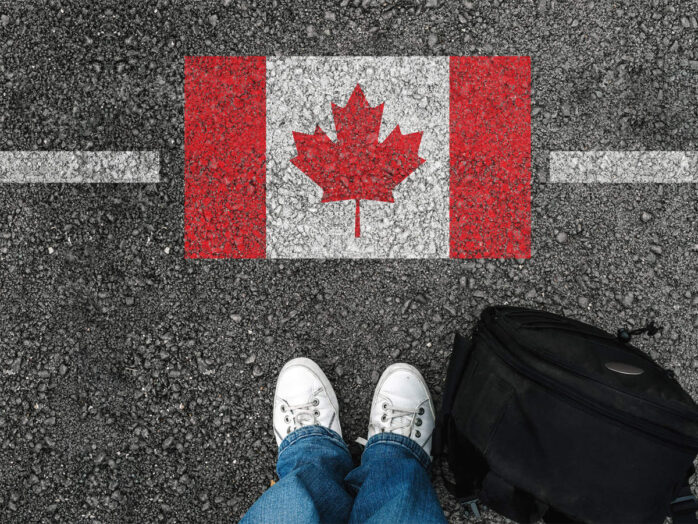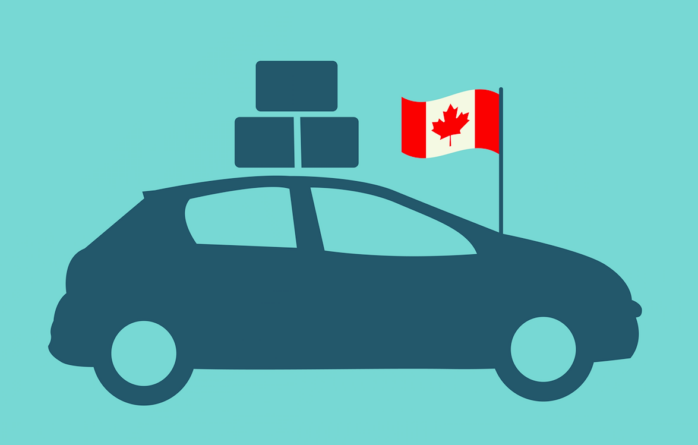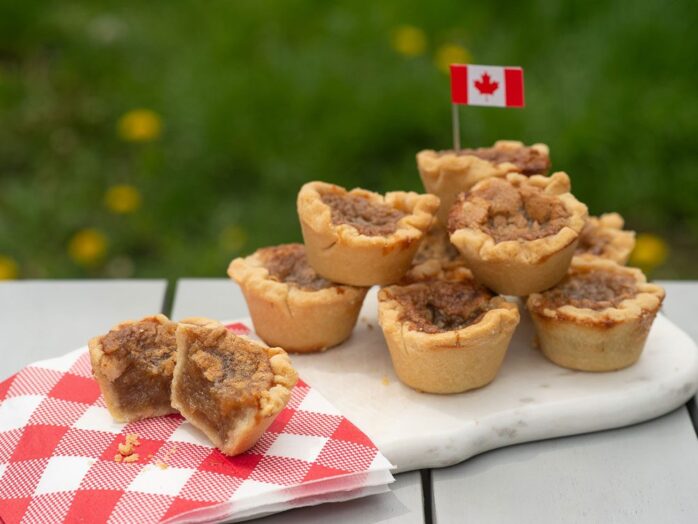As you get ready to step foot in Canada, keep in mind that things are done differently than you are used to.
This post will assist you in becoming more integrated into Canadian life. Moving to Canada with more minor misunderstandings and reasonable expectations will boost your chances of success.

1. Diversity
Multiculturalism is deeply embedded in Canadian culture and is essential to national policy. You will come across diverse languages, faiths, and cultures in any big city and several rural villages.
After relocating to Canada, you don’t have to give up your culture or values, but you need to grow to adapt appropriately and have the best chance of success. It will help both you and the people around you if you have an open mind.
2. There are Primary Languages
For the Canadians, one primary language was insufficient. Therefore English and French are treated equally. Unless you’re living in the eastern province of Quebec, wherein people are working hard to keep things as French as feasible, you won’t notice the country’s Frenchness. The OQLF (the language police) enforces rules to ensure that everyone uses proper French.

3. You May Need to Acquire a New Driver’s License
Your origin will determine this. A reciprocal arrangement exists between some nations and specific provinces, allowing for a direct exchange. Check on the various license equivalence criteria while planning your trip and ensure you have the proper documentation.
We are a company that concentrates on worldwide immigration law in the United States, Canada, the United Kingdom, and Ireland. For Immigration Lawyers’ guidance and assistance, check it out at Total Law.
4. Cost of Living
Apprehend the cost of living in your desired city before relocating to avoid a rude welcome to Canada. It’s not the city’s fault if you arrive and are astonished by how expensive rent or transit is.
It is critical to do research. The downtown regions of Toronto and Vancouver, in particular, are relatively pricey. On the other hand, Rent-controlled Montreal has low prices and lower wages.

5. The Health Care System in Canada is Amazing
You may have read that healthcare in Canada is free, and you are correct to some extent. Canada’s healthcare system is a tax-funded Medicare system.
The private sector then provides healthcare, ensuring that you receive excellent treatment. All are free of charge if you need critical medical care.
The only disadvantage is that you may have to wait a long time to see a doctor. You may go to the doctor for free, but it could cost you money if you leave with a prescription.
On the other side, dental treatment may be rather costly. It’s ideal if you get some 3rd health insurance in place. It will assist you in paying for medical, dental, and vision services.
6. Get in the Habit of Saying ‘Sorry’
If you want to blend in with Canadian colloquialisms, you should get in the habit of saying sorry. Expect in Canada an extremely courteous demeanor. Thus it’s essential to follow the Romans’ lead.
What may appear excessive apologizing is a means of demonstrating to someone that you regard them as an equal. Use expressions like may I?’, ‘thank you,’ ‘pardon me,’ and ‘please’ regularly, and remember, it’s great to be polite!

7. It might be challenging to find work in Canada
Finding work in Canada may be more challenging than you anticipated. You should begin your search as quickly as possible.
You can try to contact employers in Canada after you’ve gotten your visa and established your dates. Don’t waste time; search right away!
While job seeking is easy for Canadians, it might be challenging for competent or semi-skilled newcomers, which takes us to our next point.
8. Weather
Do you want to emigrate but can’t decide if you wish to live in the sun or the snow? Why not have it both ways? Unless you live on the coast of British Columbia, you’ll almost certainly have harsh, snowy winters and scorching summers with short transitional seasons.
The chilly weather of a Canadian winter will astonish you if you’re used to living in a moderate or mild climate. It’s impossible to describe how cold -25°C feels, but don’t worry, you can prepare adequately with the correct clothing and mindset.
Another benefit of being in Canada is that we don’t take summer for granted; we learn how to make the most of it.

9. Poutine is a Popular Dish in Canada
Canada’s national dish is poutine. The word “poutine” means “a mess” in Quebecian slang, precisely what you’ll get—chips with gravy on top and semi-melted cheese curds. Even though it does not appear to be a very delicate dish, the Canadians adore it. It was created in 1957 when a driver requested cheese for his chips and gravy. One man’s desire for a piece of cheese resulted in creating a national cuisine. Chefs from all across the nation have attempted to make it more upscale by adding lobster and foie, but it’s a losing struggle.
10. Smoking is Restricted in Certain Areas
Smoking is prohibited in all indoor public places in Canada, including common spaces of buildings, cafes, hospitals, workplaces, and public transportation. Smoking is okay in your own home, in your car (unless accompanied by a child), and in some open outdoor locations. When smoking outside, most structures require smokers to stay at least nine meters away from the main entrance, regardless of how chilly it is. Several landlords also prohibit smoking in their rental properties. Cigarettes may also be far more expensive than in your native nation.
After migrating to Canada, many newcomers endure culture shock. Knowing and understanding a few characteristics of Canadian culture will help you integrate more smoothly into Canadian society, reduce culture shock, and set reasonable expectations for your time here.

11. The Price Shown on the Product is not the Amount You Will Pay
Sales taxes are not included in pricing things online or in shops in Canada. At the moment of payment, sales taxes are applied. As a result, add a few dollars to your total at the checkout. The GST (Goods and Services Tax), PST (Provincial Sales Tax), and HST (Harmonized Sales Tax) are just a few of the line items you’ll see on most invoices.
Needing help with immigration? We are a prominent group of immigration lawyers ready to assist you with your immigration concerns.
The post 11 Essential Things to Know Before Moving to Canada appeared first on FotoLog.
from FotoLog https://ift.tt/Ru56AGf
via IFTTT



0 Comments